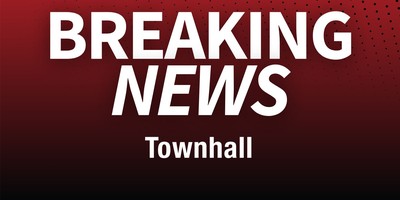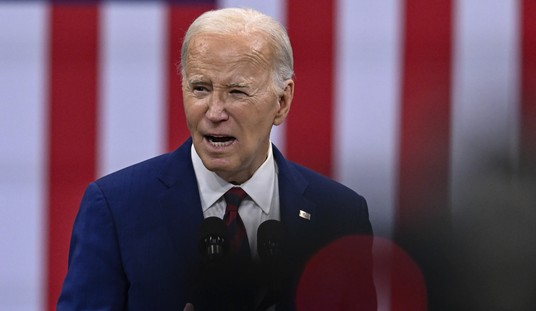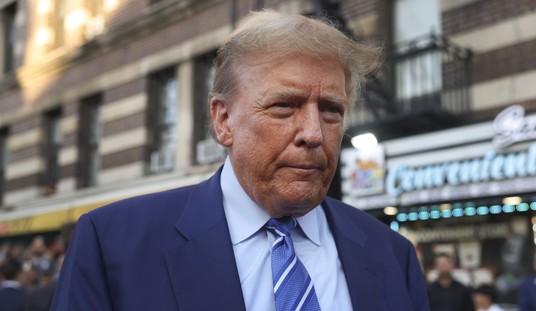Many people believe Obamacare was a conspiracy, with asinine design features intended to cause the program to fail. The primary goal in the minds of conspiracy buffs’ was to usher in a single-payer program of Medicare for All once Obamacare collapsed under adverse selection. The theory goes something like this: with nowhere to turn except the government, Americans would finally throw up their hands and acquiesce to government intervention. Seniors purportedly all love their Medicare, so why not expand the program to cover even more people?
Over the years I’ve derisively referred to simpleton ideas to expand Medicare to cover the entire U.S. population as Medicaid-for-All. My goal was to point out that the program the elderly have come to rely on is not the same program we would have if it were expanded to cover the entire population. Little did I know I was being prophetic. There are now calls to expand Medicaid as a safety net program to everyone who cannot afford private health insurance by allowing them to buy into the programs for the poor. Nevada’s legislature even passed a bill to allow all state residents to buy into the program.
There are other reasons Medicaid-for-All appeals to some left-of-center policy wonks. Expanding Medicare would upset seniors, whose benefits would be worth less if they have to compete with 100 million more people in the program. In addition, Medicaid pays lower provider fees than Medicare – in some cases, substantially lower. On average, Medicaid only reimburses doctors 66 cents for every dollar that Medicare pays them. Private insurers pay doctors about double what Medicaid pays them.
The paltry provider fees are even worse in some states depending on the specialty. Rhode Island reimburses primary care physicians only one-third of the fees that Medicare pays. California only pays primary care physicians 42 cents for every dollar Medicare pays. This makes it sound far cheaper to expand Medicaid than Medicare.
Recommended
On paper, Medicaid is a very generous health plan. It has no deductibles, and little (if any) copays. Depending on whether you are in managed care or traditional Medicaid, its network is any doctor who will accept it. The reality is far different, however. Medicaid enrollees face longer waits for services than those who have private coverage. Once seen by a doctor, Medicaid enrollees are often run through the appointment like cattle through a corral.
Nearly one-third of doctors refuse to accept new Medicaid patients. Of those that do, most quietly accept only a few of those who inquire about an appointment. Doctors like to keep patients in their practices at a ratio of privately insured to government insured. Medicaid enrollees are the least desirable of the government-insured patients. Even when a doctor has accepted a Medicaid enrollee into the practice, appointment slots available to Medicaid enrollees may be rationed or limited.
Medicaid patients often turn to emergency rooms for primary care because available appointment slots may be weeks in the future. Studies have looked at patient acceptance by source of payment, with researchers pretending to be Medicaid patients calling doctors seeking an appointment. It turns out uninsured individuals agreeing to pay cash have an easier time securing appointments than patients on Medicaid. Privately-insured patients have the easiest time scheduling office visits.
If Medicaid eligibility was expanded to everyone willing to buy into the program, those retaining private coverage through their employers would be doctors’ and clinics’ preferred customers. Those with private coverage would find their access to preferred doctors far superior to Medicaid enrollees.
Increasingly, doctors are already breaking away from network arrangements and refusing to accept Medicaid or Medicare. More and more physicians are restructuring their practices as direct primary care. Direct primary care practices often charge monthly retainers fees in addition to service fees. Moreover, it is unlikely that new Medicaid enrollees would be allowed to buy preferred access to physicians by paying a retainer fee. So far, Medicare has allowed concierge practice arrangements, but I imagine this will stop once too many seniors are priced out of being able to see a doctor.
As Bloomberg View columnist Megan McArdle points out, a public insurer like Medicaid or Medicare would become the insurer of last resort. Sick people would sign up in droves, causing adverse selection. When premiums inevitably have to rise due to the influx of sick enrollees, Congress would be under pressure to keep premiums below actuarial expected costs.
Proposals to expand Medicaid to all are little more than feel-good gestures that purport to cover everybody without actually providing universal access to care. What does the future hold? It’s just a guess, but as Obamacare increasingly collapses on itself, there will be calls to expand Medicare to the near elderly. Maybe, those age 55 and above will be allowed to join by paying a fee. Medicaid will be expanded to allow individuals who are of modest income but not poor. At some point, eligibility for both programs will probably converse. Those who can afford to do so will pay for private coverage that affords them access to doctors.

























Join the conversation as a VIP Member